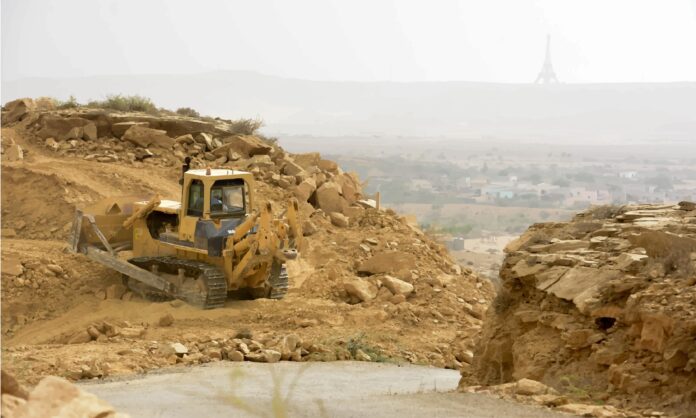PESHAWAR: The Khyber Pakhtunkhwa (KP) Auqaf department has decided to take stern action land mafia to recover precious land from their possession.
Sources said that a province-wide operation will be launched after the approval of Chief Minister (CM) Mehmood Khan. “Some 78 per cent of valuable lands belonging to the Endowment Department in Khyber Pakhtunkhwa have been occupied by powerful land mafia”.
According to documents, out of 65,108 kanals in the province, the land mafia has illegally occupied 50,612 kanals. The department currently has control over 13,763 kanals of land, which is a mere 21 per cent of the total land, while disputes over 734 kanals of land are pending in various courts.
After special permission from the chief minister, the administration of all each districts will conduct a comprehensive operation to recover the said land.
Similarly, local bodies, administration, police, education and health have also occupied 1,451 kanals of land of the Auqaf Department in different cities of the province and not a single penny is being paid to the department.
Source said that the department has decided to enter into a lease agreement with the concerned departments which will bind them to pay rents for using the properties.
























What happened in Swat, where they demolished the legally built, legally owned Gujjar secretariat. If this happened in Punjab, PTM leaders would be howling from the rooftops.
With this news its the same story, they want their own racist mafia to be in control. Land retaken will be redistributed down the line to their own cronies.
Billion tree tsuanmi ki baat kartey hein? saarey timber mafia key saath raley huwy hein.